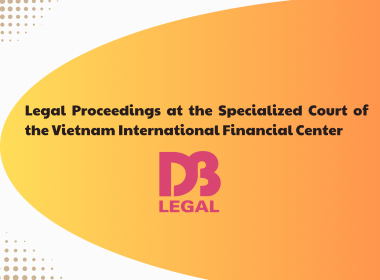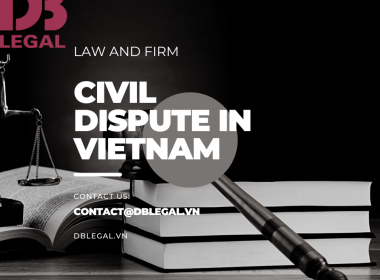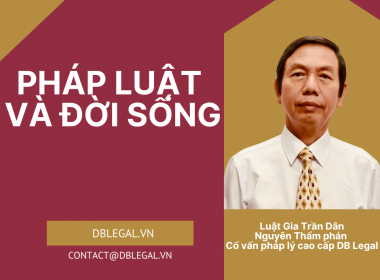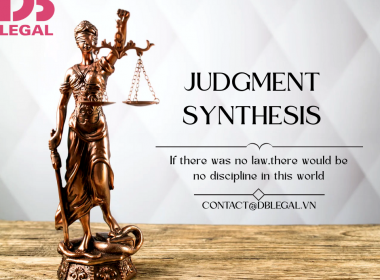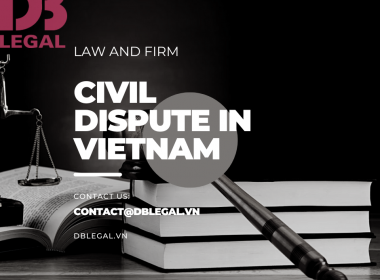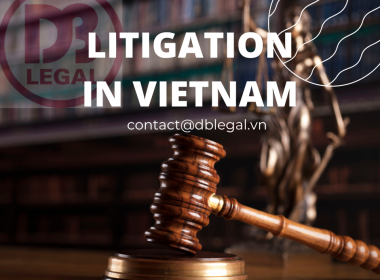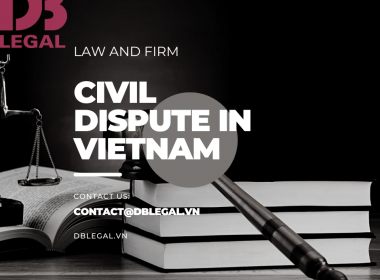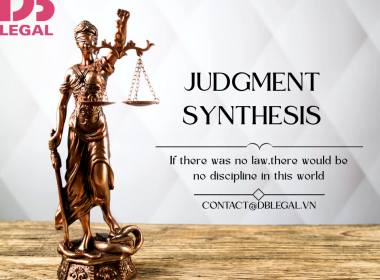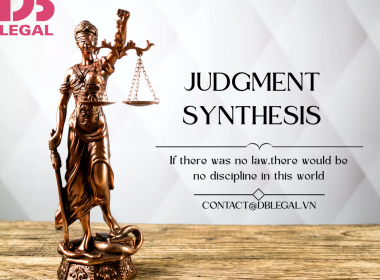Legal Proceedings at the Specialized Court of the Vietnam International Financial Center
The establishment of the Vietnam International Financial Center (VIFC) marks a turning point in attracting foreign investment. To ensure a transparent and secure business environment, a dispute resolution mechanism through a Specialized Court has been established with specific, modern procedural rules that align with international standards. This article will analyze...
Continue ReadingSummary of Judgment No. 17/2023/KDTM-PT: Application of Incoterms 2010 in International Fisheries Disputes
Summary of Judgment No. 17/2023/KDTM-PT: Application of Incoterms 2010 in International Fisheries Disputes
Continue ReadingWHEN WRONGFULLY TRIED AND CONVICTED: WHAT MUST BE DONE TO SEEK REDRESS ? (Perspectives from First-Instance and Appellate Trials to Cassation – Through Landmark Miscarriage of Justice Cases)
Miscarriages of justice in criminal proceedings are a painful reality within any legal system. A wrongful conviction not only severely violates human rights but also leaves devastating consequences for families, society, and public trust in justice. Vietnamese law has established legal mechanisms to rectify judicial errors, but understanding and correctly...
Continue ReadingAnalysis of Judgment No. 09/2024/KDTM-PT: A Lesson on the Statute of Limitations in Commercial Disputes
In commercial disputes, the statute of limitations is a critical legal milestone. Neglecting it can result in businesses losing their right to protect their legal interests in Court, even when the counterparty has clearly breached payment obligations. Judgment No. 09/2024/KDTM-PT issued by the People's Court of Da Nang City regarding...
Continue ReadingBUSINESS LICENSE REVOKED: WHO IS RESPONSIBLE FOR DEBT REPAYMENT?
In commercial transactions, the greatest risk for creditors arises when a partner's Business Registration Certificate (BRC) is revoked. Many assume the business is "dissolved" at that point and shift their lawsuits toward the individual owners. However, Appellate Judgment No. 50/2025/KDTM-PT by the Da Nang City People's Court has set an...
Continue ReadingDISTINGUISHING BETWEEN PROPERTY LOAN CONTRACTS AND PROPERTY BORROWING CONTRACTS
Currently, civil transactions regarding the borrowing of assets (primarily money) take many forms. Among these, two primary forms exist: the Property Loan Contract and the Property Borrowing Contract. Specifically, there are many disputes where the original evidence is a “Money Borrowing Paper” (Giấy mượn tiền), yet the Court accepts and...
Continue ReadingLaw on Specialized Courts at the International Financial Center in Vietnam: A Legal Breakthrough starting 2026
Effective from January 1, 2026, the Law on Specialized Courts at the International Financial Center officially comes into force. This is a historic piece of legislation, passed by the National Assembly for the first time to create a solid legal foundation that meets international standards for the operation of the...
Continue ReadingLIST OF REGIONAL PEOPLE'S COURTS IN HUE CITY (UPDATED 2025)
Determining the competent court to settle disputes is the first and most crucial step in any legal proceeding. With significant changes in the judicial organizational structure following the new orientation in 2025, the court system in Hue has transitioned from the District-level Court model to the Regional People's Court model. To...
Continue ReadingJudgment on Website Design Contract Dispute
In the age of technology, as sales through e-commerce channels are booming, contracts for designing websites and mobile applications (apps) have become more prevalent than ever. However, this has been accompanied by an increase in disputes arising from these contracts. In this article, DB Legal will analyze a typical case...
Continue ReadingSynthesis of Appellate Judgments on Labor Disputes
Collection of appellate judgments on labor disputes. These judgments are compiled for research and study purposes only. Any commercial reproduction is strictly prohibited.
Continue Reading.png)

